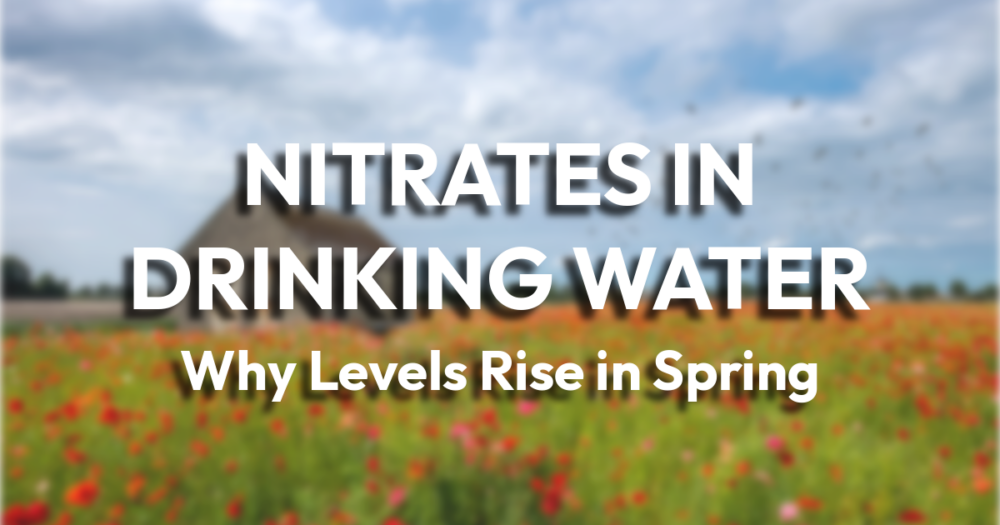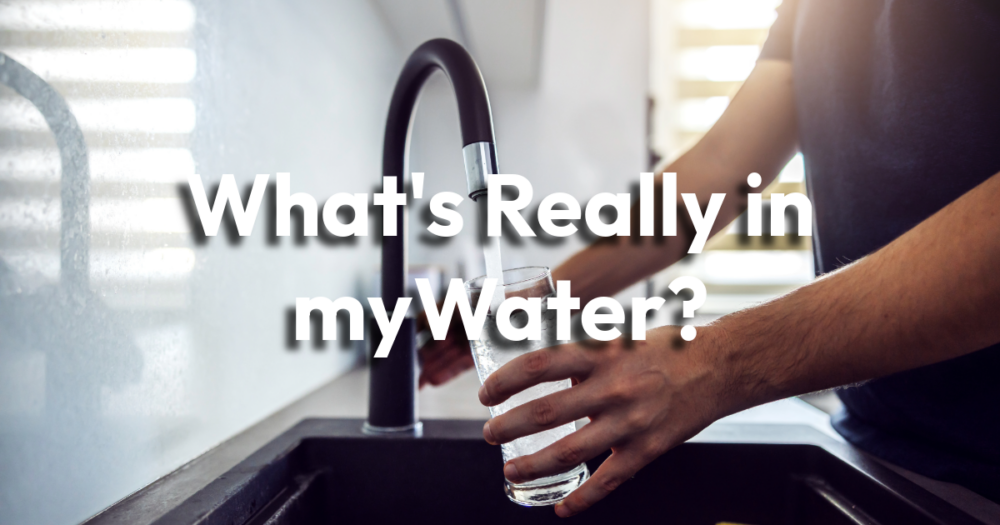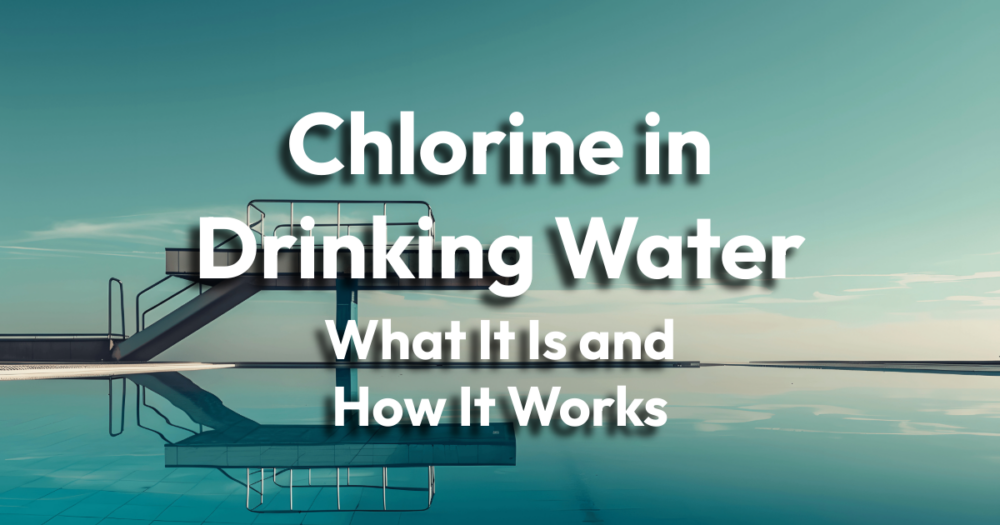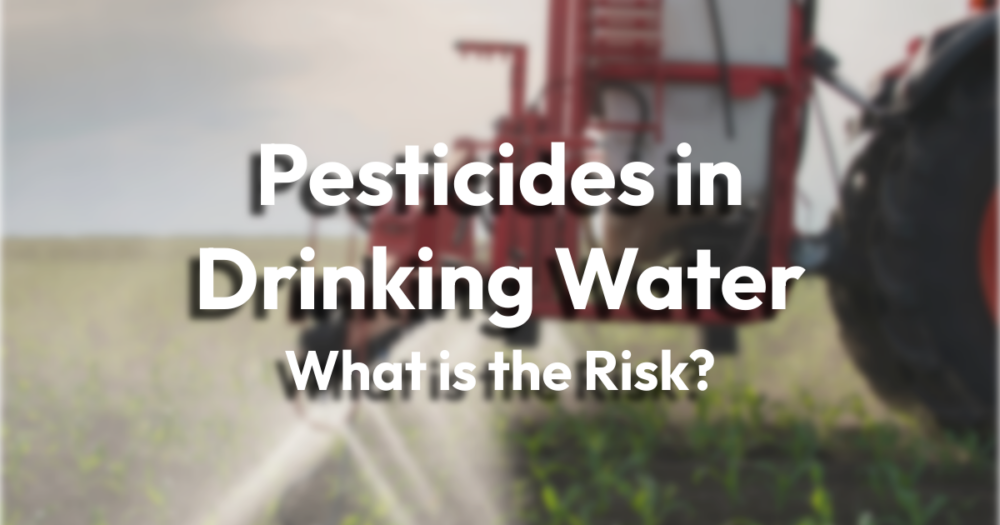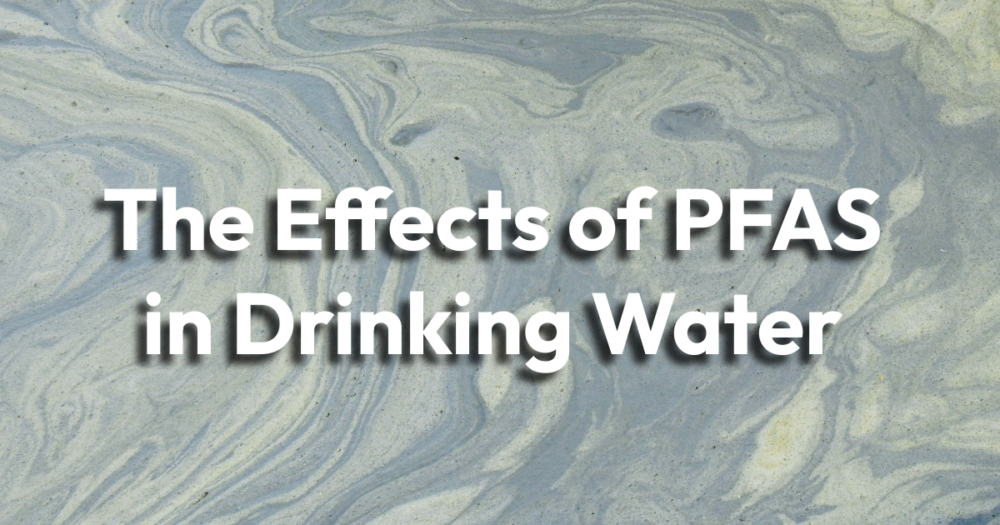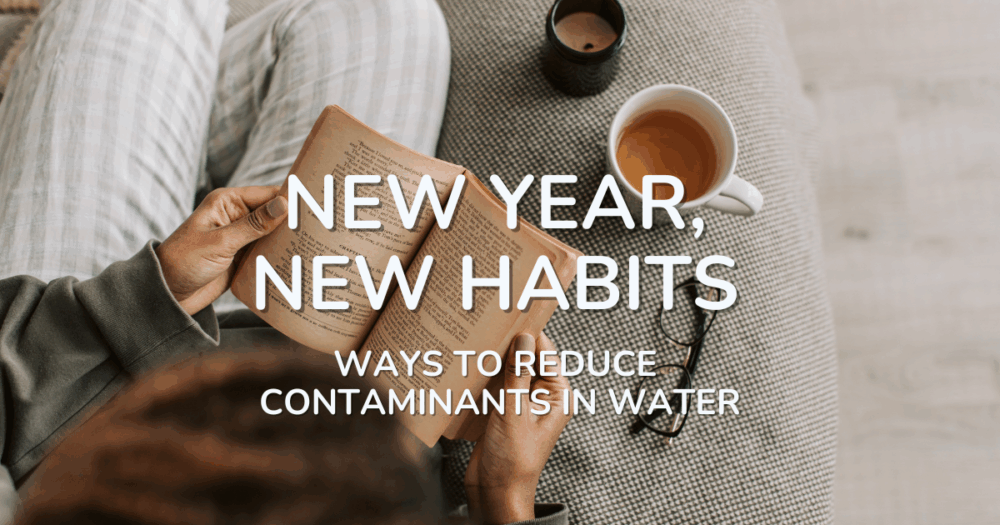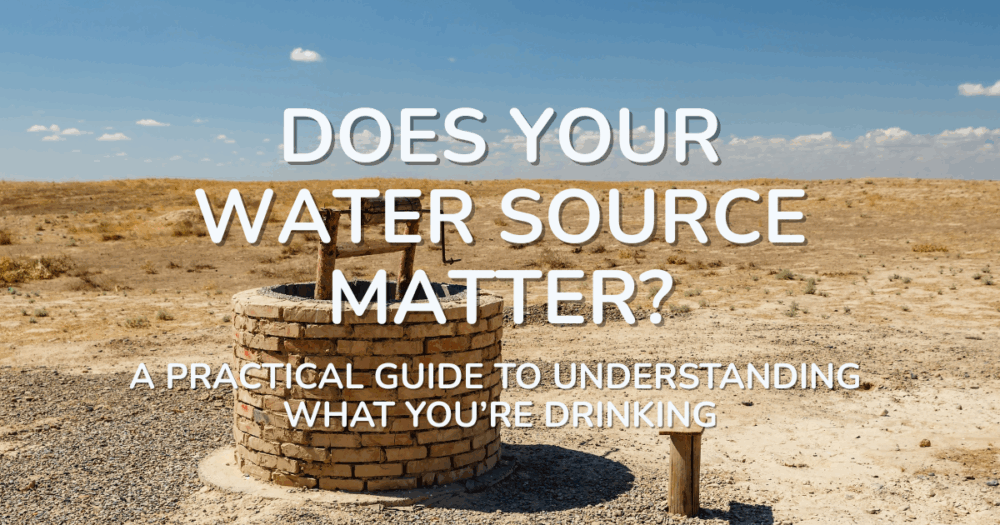Nitrates in Drinking Water: Why Levels Rise in Spring For many communities, spring is a season of renewal. Longer days, warmer weather, and new growth across farmland and landscapes. But it’s also the time of year when nitrate levels in drinking water often rise. In agricultural regions, … [Read more...]
What’s Really in my Water?
What’s Really in My Water? A Closer Look at What Comes Out of the Tap You turn on the faucet, fill a glass, and take a sip, something most of us do without a second thought. After all, if water is coming out of your tap, it must be safe… right? The truth is more complicated. Municipal … [Read more...]
The Fountain of Youth in Your Fridge
The Fountain of Youth in Your Fridge For centuries, people have searched for the “fountain of youth”, a mythical source said to restore vitality, preserve beauty, and slow the visible signs of aging. From ancient legends to modern skincare trends, the desire to age well has never faded. While no … [Read more...]
How Much Water Should You Really Drink?
How Much Water Should You Really Drink? "You should drink eight glasses of water a day." Most of us have heard this advice so often that it feels like a hard rule. But when you start digging into hydration science, it becomes clear that the answer isn't quite that simple. Water needs vary from … [Read more...]
Chlorine in Drinking Water
Chlorine in Drinking Water: What It Is and How It Works Chlorine is a chemical element used widely in water treatment to disinfect public water supplies. Its primary public-health role is to inactivate or kill bacteria, viruses, and other pathogens that can cause serious illnesses such as typhoid … [Read more...]
Pesticides in Drinking Water: What is the risk?
Pesticides in Drinking Water: What is the risk? When most people hear “pesticides,” they think about farms, lawns, or produce. But pesticides can also show up in the water sources that communities and private wells rely on. Pesticide contamination is a real, documented pathway that’s worth … [Read more...]
The Effects of PFAS in Drinking Water
The Effects of PFAS in Drinking Water Per- and polyfluoroalkyl substances (PFAS) have become a major public concern in drinking water around the world. Sometimes referred to as “forever chemicals,” PFAS are a large class of man-made compounds used for decades in products designed to resist heat, … [Read more...]
Pure & Secure Press Release 2026
FOR IMMEDIATE RELEASE Pure Water Unveils New Brand Identity: “Cloud to Table” Captures the Natural Elegance of True Purity LINCOLN, NE — January 1, 2026— Pure & Secure, LLC, the Nebraska-based manufacturer of handcrafted stainless-steel water distillers, today announced the launch of a complete … [Read more...]
New Year, New Habits: Ways to Reduce Contaminants in Water
New Year, New Habits: Ways to Reduce Contaminants in Water As we step into a new year, many of us think about habits we’d like to adopt that make life a little healthier, simpler, and more mindful. One area that’s easy to overlook but impacts daily life every single day is the quality of the water … [Read more...]
Hosting This Holiday Season with Distilled Water
Hosting This Holiday Season with Distilled Water The holiday season brings gatherings, meals, traveling guests, special recipes, and a lot of preparation around the home. While décor, gift-giving, and food planning take center stage, one quiet detail often gets overlooked: your water. When you’re … [Read more...]
Does Your Water Source Matter?
Does Your Water Source Matter? Introduction: Why Your Water Source Deserves a Closer Look Most people think all water is basically the same—clear, refreshing, and safe to drink. But the truth is that the source of your water directly influences what’s in it, the contaminants in the water, how it … [Read more...]
The Risk of Contaminants in Your Water
The Risk of Contaminants in Your Water Why Water Quality Deserves More Attention Most people assume their tap water is safe because it has been treated, filtered, or regulated. While public water systems follow federal guidelines, the quality of water at the tap can vary widely depending on … [Read more...]
- 1
- 2
- 3
- …
- 5
- Next Page »

